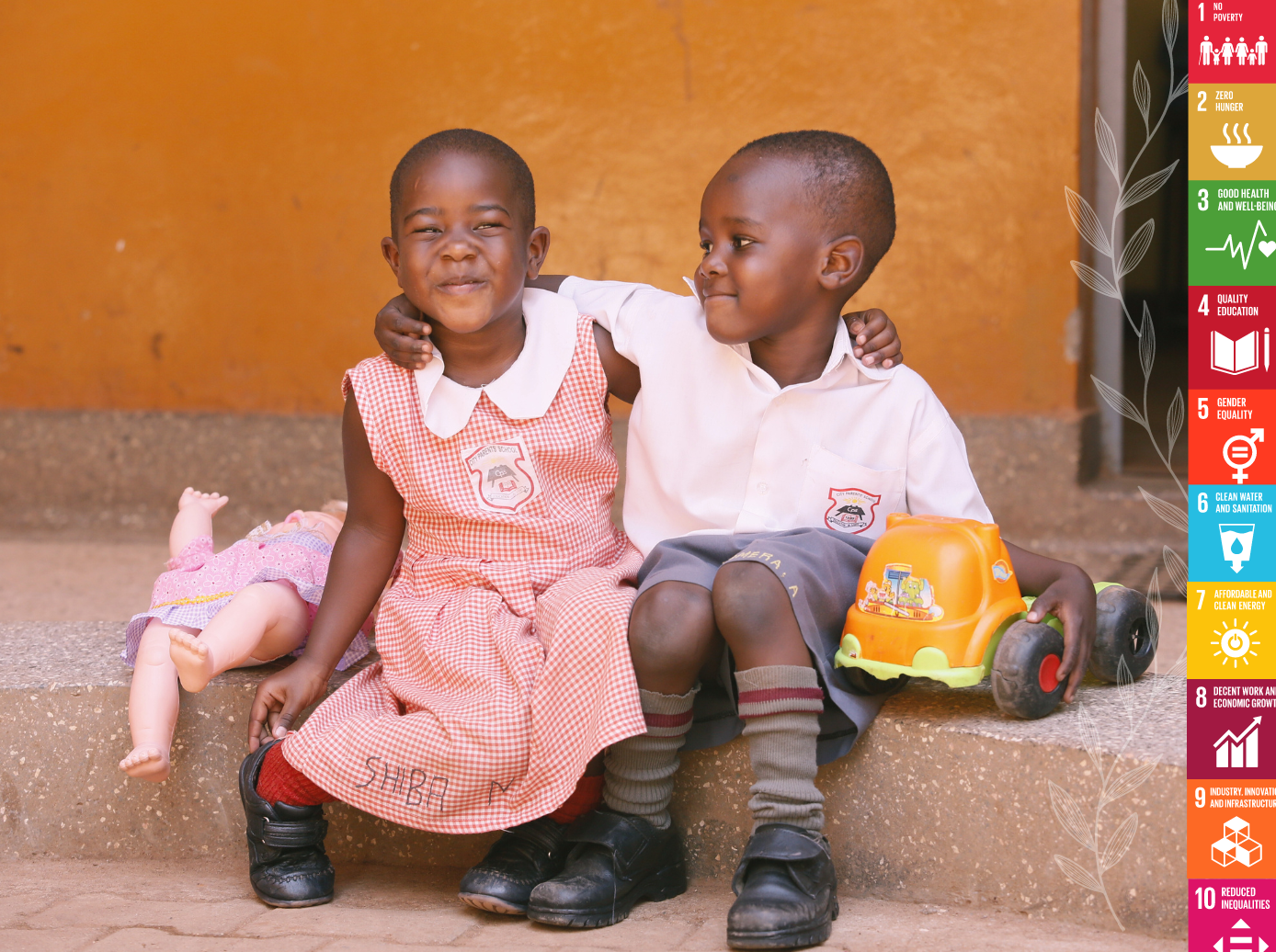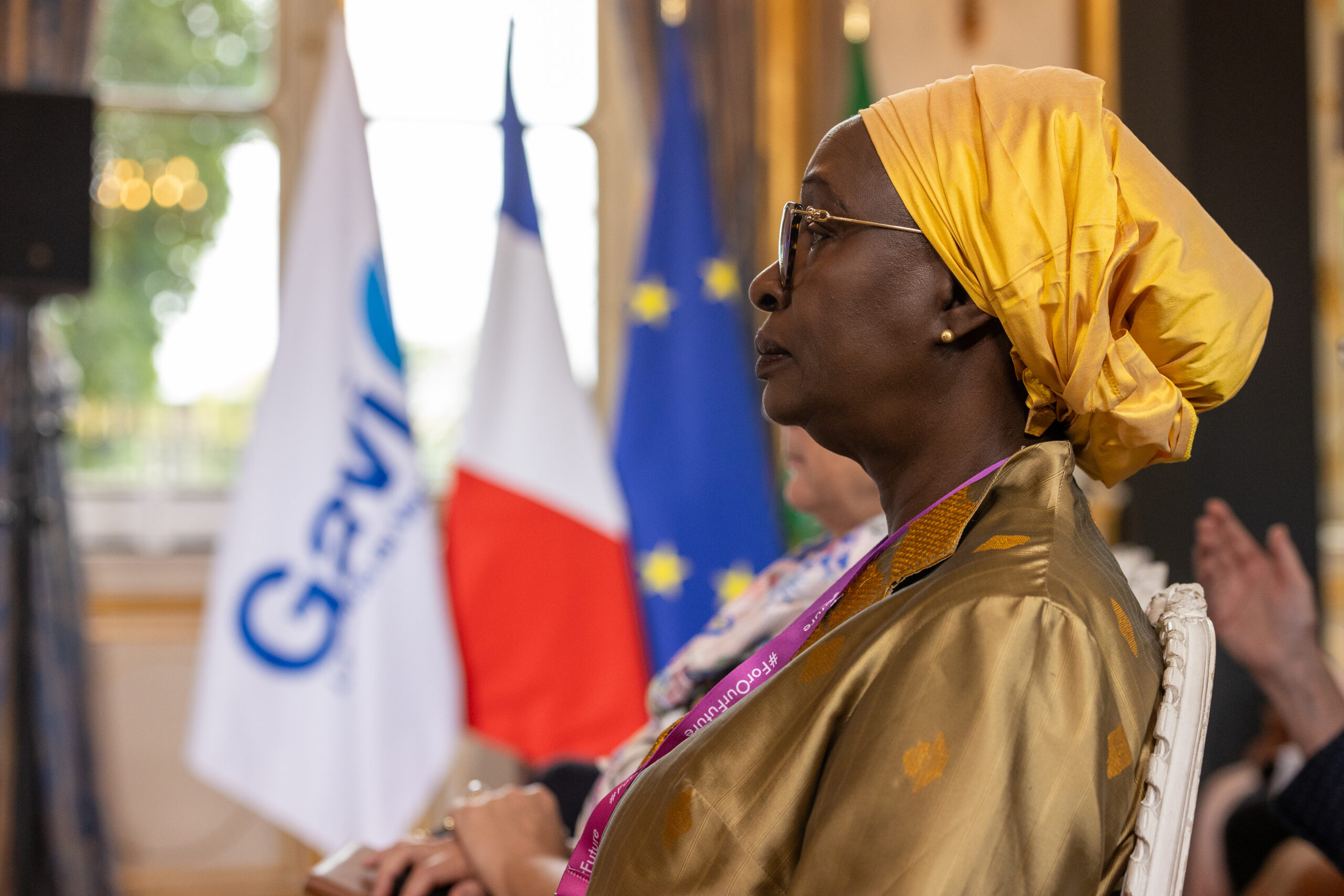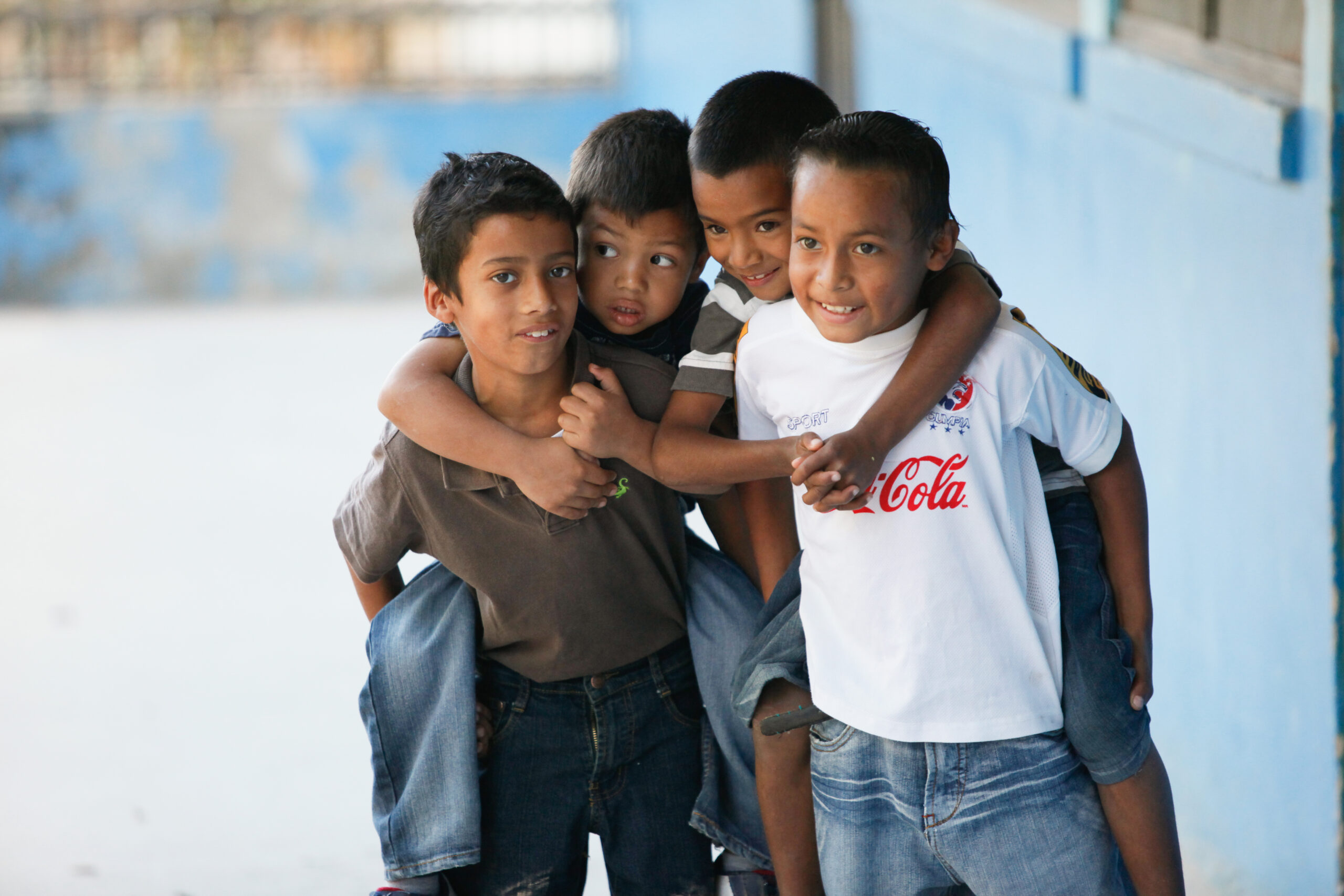Gavi 6.0: Advancing the UN’s Sustainable Development Goals
In part two of our series on Gavi 6.0, we look at how investing in immunization advances sustainable development.

Immunization and the Sustainable Development Goals
In the pursuit of sustainable development, the United Nations has outlined 17 goals to be achieved by 2030. These Sustainable Development Goals (SDGs) aim to address pressing global challenges such as inequality, climate change, health, and more. Among these goals, Goal 3— “ensure healthy lives and promote well-being for all at all ages”—is pivotal to ensuring that everyone has access to essential healthcare services, including vaccines. Investing in immunization also impacts other areas of sustainable development, such as education, gender equality, and economic growth.

Gavi, the Vaccine Alliance plays a crucial role in advancing Goal 3 by spearheading efforts to ensure equitable access to vaccines worldwide. Since its founding in 2000, the organization has been instrumental in immunizing millions of children in the world’s lower-income countries, preventing over 17.3 million deaths from vaccine-preventable diseases. But by supporting expanding vaccine access and supporting immunization programs in low-income countries, Gavi’s impact reaches beyond Goal 3.
Gavi’s New Investment Opportunity
Gavi operates a unique funding model that leverages public and private investments to procure vaccines at affordable prices for areas of the world that need them most. In June of 2024, the organization launched their new Investment Opportunity, which outlines the projected impact of the Alliance’s programs from 2026 to 2030 to make the case that investment in immunization is one of the most cost-effective and impactful interventions for health and economic development. To learn more, click here.
A key component to Gavi’s new Investment Opportunity is the African Vaccine Manufacturing Accelerator (AVMA), a financial mechanism designed to foster regional diversification of vaccine manufacturing. Check out our most recent blog post to learn more. The AVMA highlights sustainability and health equity, and is one component of Gavi’s work to accelerate several other SDGs alongside Goal 3, such as:
Goal #4: Quality Education
By ensuring that children receive essential vaccines, Gavi is also directly contributing to their ability to access and benefit from education. Immunized children are healthier and less likely to miss school due to preventable illnesses such as measles, polio, and diphtheria. This, in turn, enhances learning outcomes, as good health is a prerequisite for effective learning. Gavi also supports vaccination programs that empower communities by educating parents and caregivers about the importance of immunization, contributing to a broader understanding of health-related issues and promoting a culture of health and knowledge within communities. This holistic approach not only improves individual well-being but also strengthens educational systems, promotes social equity, and fosters sustainable development worldwide.
Goal #5: Gender Equality
By improving maternal and child health, vaccination programs empower women and girls, promoting gender equality and social inclusion. Gavi’s work helps combat gender inequality by empowering the predominantly female healthcare workforce, which helps provide a source of steady employment to women across the world. Not only is the organization making health services more accessible and safer for women and girls, but it also has a renewed focus on the prevention of cervical cancer—a deadly disease that takes the life of one woman every ninety seconds—through vaccination against HPV in the coming years. As per their 2026-2030 Investment Opportunity, Gavi will immunize at least 120 million girls against HPV, saving over 1.5 million lives by 2030. This is one of many new vaccines in the Gavi portfolio, but specifically targets the health of girls and women.

At the individual level, immunization helps reduce poverty, preventing medical expenses and lost work due to illness, enabling families to invest in education and economic activities. When brought to the macro level, supporting Gavi helps low-income countries boost their incomes and allow people to prosper. New financial mechanisms like AVMA can also help jumpstart a biotech sector on the African continent, creating a new high-value industry and expanding economies. Beyond AVMA, every euro/dollar invested in Gavi currently generates 54 euros/dollars in wider economic returns, meaning it is one of the best investments in global development. Between 2021 and 2025 alone, Gavi’s work will have created more than 80 billion dollars of economic benefits for Gavi-supported countries; this growth will continue into the next strategic cycle.
Goal #10: Reduced Inequalities
Gavi’s focus on reaching marginalized and underserved populations ensures that no one is left behind in the journey toward global health equity. Since its inception in 2000, Gavi has helped immunize an entire generation of children in 78 lower-income countries, and 19 countries have transitioned from needing the organization’s support as their per capita gross national income levels have grown. Now, there is a push for these countries to take on more manufacturing through innovations like AVMA, encouraging growth, development, and equity at the global level. This trend will only accelerate in the coming years as nations that have faced disparity in global health resources gain vaccine sovereignty, effectively reducing inequality between countries. Gavi’s essential support for national immunization programs helps address inequalities within individual countries as well. Helping lower-income nations establish vaccination programs implicitly improves health equity within their borders, ensuring citizens who would not have the means or opportunity to access vaccines through private healthcare are still able to protect themselves against preventable disease.
Conclusion
Gavi, the Vaccine Alliance’s investment model exemplifies the interconnection of the SDGs, even beyond those listed here. By ensuring equitable access to vaccines, Gavi saves lives and fosters healthier, more resilient communities worldwide. As we continue to work towards the SDGs, supporting initiatives like Gavi is crucial in building a more prosperous and inclusive future for all.
For more information on Gavi’s impact and how you can get involved, visit their official website here, and check out Shot@Life’s most recent blogs on the new Gavi Investment Opportunity.
Introduction: “Gavi Launches New Strategy for 2026-30”




